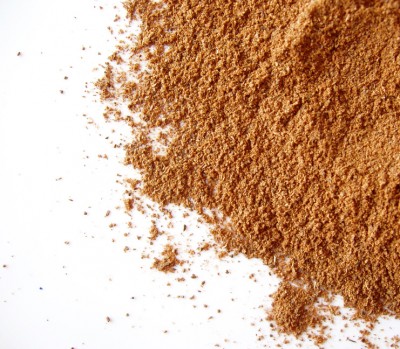Cinnamon is derived from the inner bark of Cinnamomum trees, and has a long history as a culinary and medicinal plant. Its uses in traditional medicine include the treatment of colds, congestion and diarrhea, and modern science has found that it is high in antioxidants that may help reduce the risk of chronic diseases and slow the progress of aging. More specifically, the spice appears promising in the fight against diabetes.
“Not only does cinnamon activate essential enzymes in the body thus stimulating the receptors in the cells so they will respond more efficiently to insulin, but it also inhibits the enzymes responsible for deactivating … causing insulin resistance,” writes David W Tanton in the book “Antidepressants, Antipsychotics, And Stimulants — Dangerous Drugs on Trial.”
“Cinnamon bark actually contains calcium, chromium, copper, iodine, iron, manganese, phosphorus, potassium, zinc, and vitamins A, Bi, B2, and C, many of which are important for the prevention or treatment of diabetes.”
One study, for example, found that cinnamon supplements led to lower fasting blood glucose and increased antioxidant activity. Another found that supplementation improved fasting glucose and insulin response, but that these improvements vanished when supplementation ended. In another study, cinnamon supplementation reduced not just fasting blood glucose levels, but also overall body fat percentage. It also led to an increase in lean muscle mass.
Cinnamon has even outperformed pharmaceuticals. In a study published in the “Journal of Diabetic Medicine,” participants given cinnamon supplements experienced greater improvement in blood sugar levels than participants given standard diabetes drugs.
Even for those interested in pursuing cinnamon supplementation, the best way to prevent and manage Type 2 diabetes is still to maintain a healthy body weight, eat a healthy diet low in refined sugar and high in natural fiber, and exercise regularly
Learn more: http://www.naturalnews.com/031133_cinnamon_diabetes.html#ixzz1CSDgb2wG
